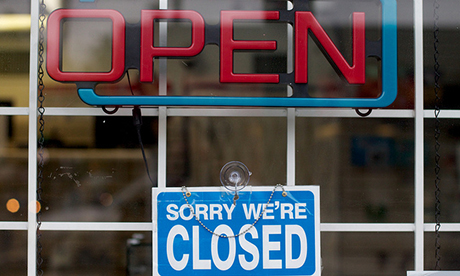
Image: Alan Levine [CC BY 2.0] via Flickr
France has ended its Covid-19 quarantine, but higher education will continue online for now
Universities and research institutions in France will remain closed until September, even though schools and shops reopened on 11 May after lockdown conditions were lifted.
Frédérique Vidal, France’s research minister, said that higher education should be back up and running in time for the start of the next academic year. Until then, she has asked universities to investigate distance learning and setting up “hybrid” models for the future.
However, Vidal also said that not all education could be conducted via screens. “You don’t just learn from books or computers,” she said. “You need interaction with the teachers. That’s essential.”
France followed Italy and Germany in imposing a nationwide lockdown on 14 March to reduce the spread of coronavirus. The country has reported nearly 140,000 infections and more than 27,000 deaths, but infection rates have plummeted over the past two weeks.
In a statement to Research Professional News, the Conference of Grand Écoles (CGE) said it had advised its members to anticipate the start of the new school year in September at the latest, and to think now about constraints arising from continued social distancing.
“This can have a very strong impact on the number of students who can attend face-to-face classes, and therefore requires a great deal of anticipation in order to find the right balance between face-to-face and distance learning,” the CGE said.
The continued closures have hit research hard, with only medical laboratories permitted to remain open. “Experimental work that could not be interrupted was sometimes able to continue during confinement, but most of it had to stop altogether,” said Anne Beauval, president of the CGE’s research and transfers commission.
She told Research Professional News that there were technical challenges ahead, and the “de-confinement” period would be used to get the machinery of research—figuratively and literally—started up again.
“However, this can only be done gradually,” Beauval said. “Depending on the disciplines or the teaching load, some institutions have been able more than others to take advantage of this very special period of confinement to prepare for the future.”
Beauval suggested that many universities, especially those with a medical focus, would continue work begun as a matter of urgency to deal with the coronavirus pandemic. Over the past month, the French government has launched a variety of calls to fund projects tackling Covid-19 and developing a vaccine.
Outside the higher education sector, schools and technical education institutions are beginning to re-open—albeit unevenly. The decision to reopen schools was made last week, when prime minister Édouard Philippe said keeping students out of school was “just as toxic” as the coronavirus, as it wreaked havoc with their educational attainment.
“Five months out of school for tens of thousands of students is like a time bomb,” Philippe told the French senate on 4 May.
But concerns remain among academics that a second wave of infections caused by the reopening of schools might be in the works. Gilles Roussel, president of the Conference of University Presidents, said that the situation in September would have to be assessed thoroughly before universities resume normal operations.
“The terms of recovery will be based on realities on the ground,” he said.
A version of this article also appeared in Research Europe
This story was amended on 14 May to reflect the latest statistics on coronavirus in France.